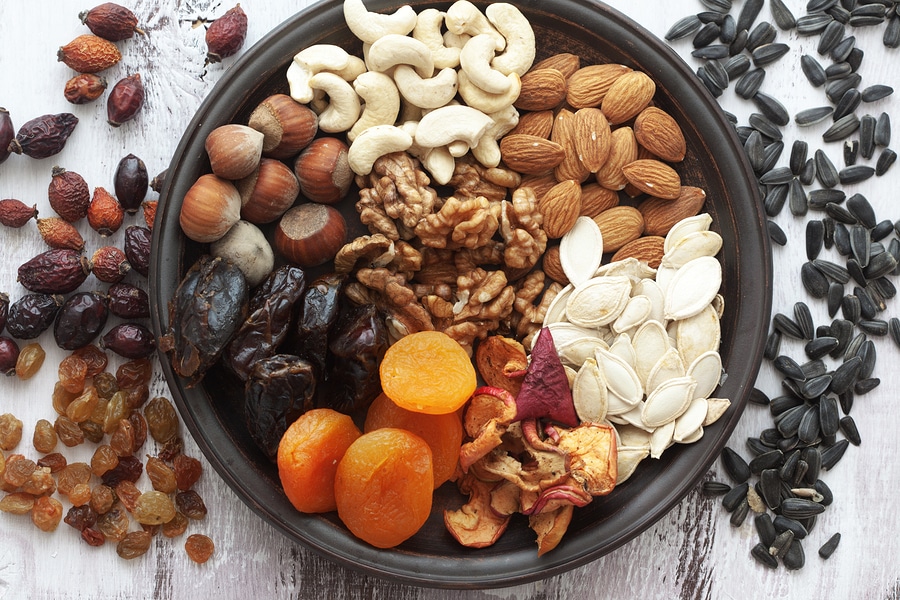Could a lack or iron lead to autism?

Experts are warning that iron deficiency in expectant mothers could lead to an increase in the chances of their babies being born with autism spectrum disorder. Researchers from the University of California examined the relationship between maternal iron intake and having a child with autism spectrum disorder (ASD), following previous research which indicated that supplementing folic acid was associated with a reduced risk for ASD.
The research highlighted that women with autistic children were significantly less likely to have taken iron supplements before and during their pregnancies than the mothers of children who are developing normally.
The study looked at pairs of mothers and children who were enrolled in a study which took place between 2002 and 2009, including mothers of autistic children and 346 mothers of children not considered to have ASD.
The researchers looked at the women’s maternal iron intake, including any vitamins and nutritional supplements taken, plus the breakfast cereals they had eaten during the three months leading up to birth, and breastfeeding.
The risk of a child being born with autism was also found to be five times greater when the mother was also 35 or older at the time of the child’s birth, was obese, or suffered from hypertension or diabetes.
Rebecca Schmidt, assistant professor in the Department of Public Health Sciences, said:
“The association between lower maternal iron intake and increased ASD risk was strongest during breastfeeding, after adjustment for folic acid intake, and the risk associated with low maternal iron intake was much greater when the mother was also older and had metabolic conditions during her pregnancy.”
Iron deficiency, and the resulting anaemia, is the most common nutrient deficiency, especially during pregnancy, affecting as many as 50 per cent of women and their babies.
Iron is crucial for early brain development, as it contributes to neurotransmitter production, myelination and immune function.
Dr Schmidt said, “We want to be cautious and wait until this study has been replicated, but the takeaway message for women is do what your doctor recommends.
“Take vitamins throughout pregnancy, and take the recommended daily dosage. If there are side effects, talk to your doctor about how to address them.”
The recommended iron intake for women is 14.8mg.
Good sources of iron include:
• dark-green leafy vegetables, like curly kale
• iron-fortified cereals or bread
• brown rice
• beans and pulses
• nuts and seeds
• tofu
• dried apricots, prunes and raisins

